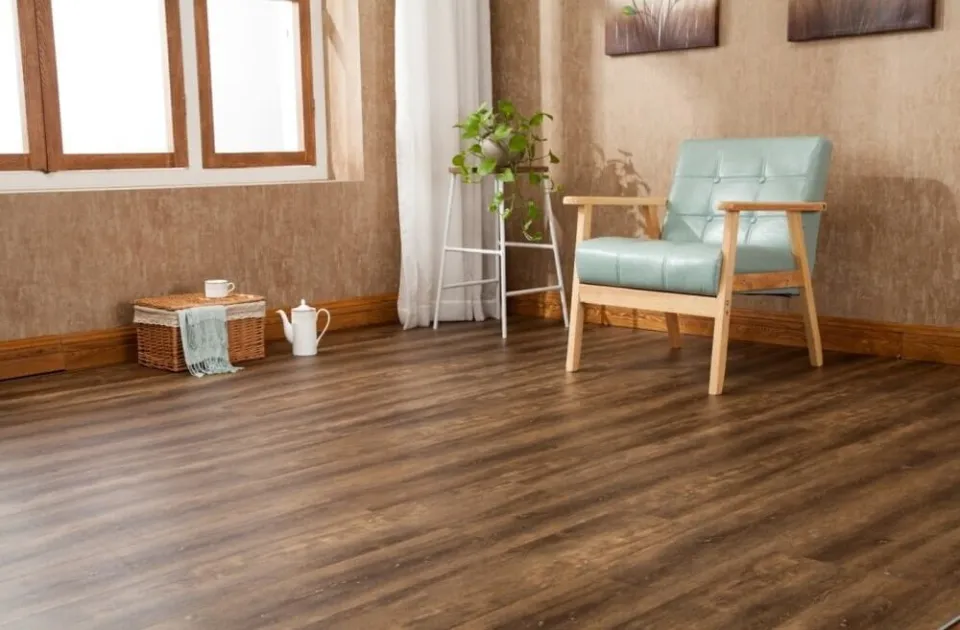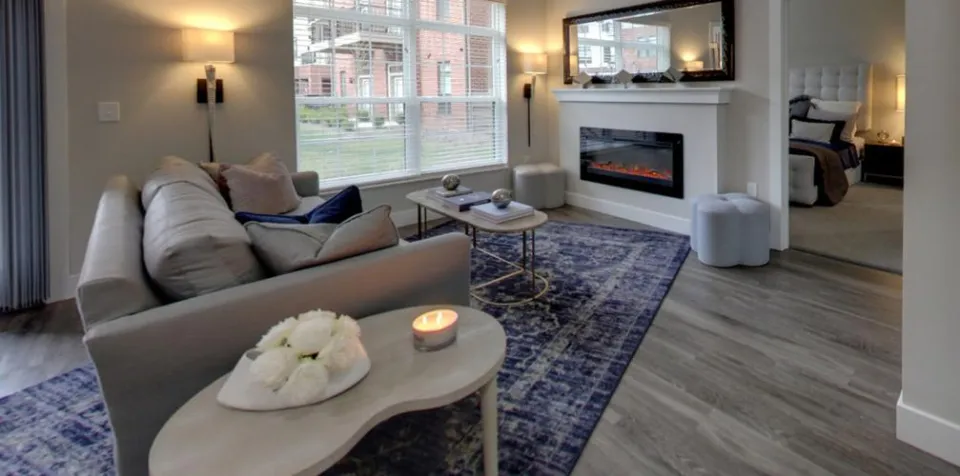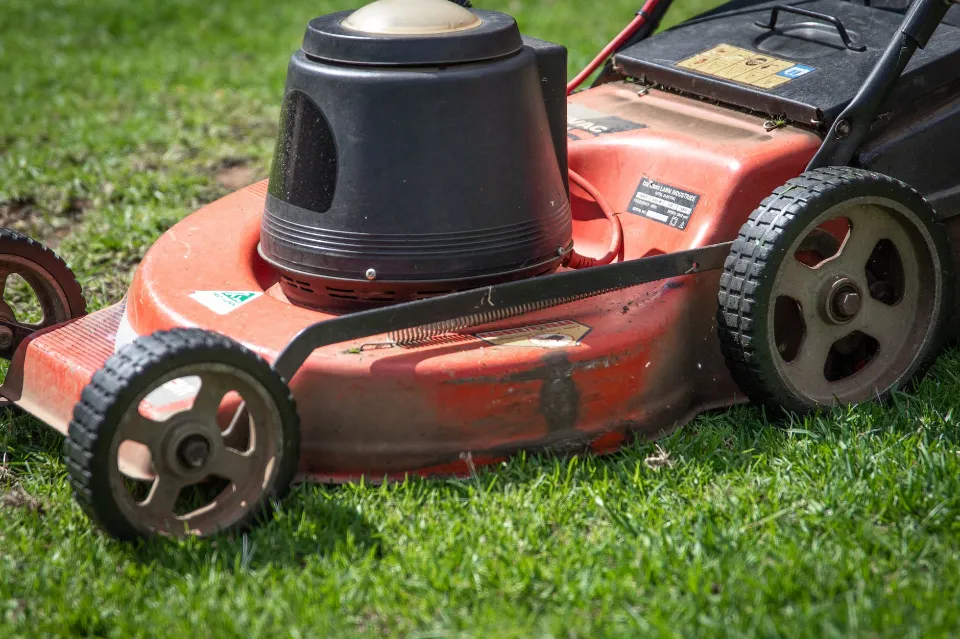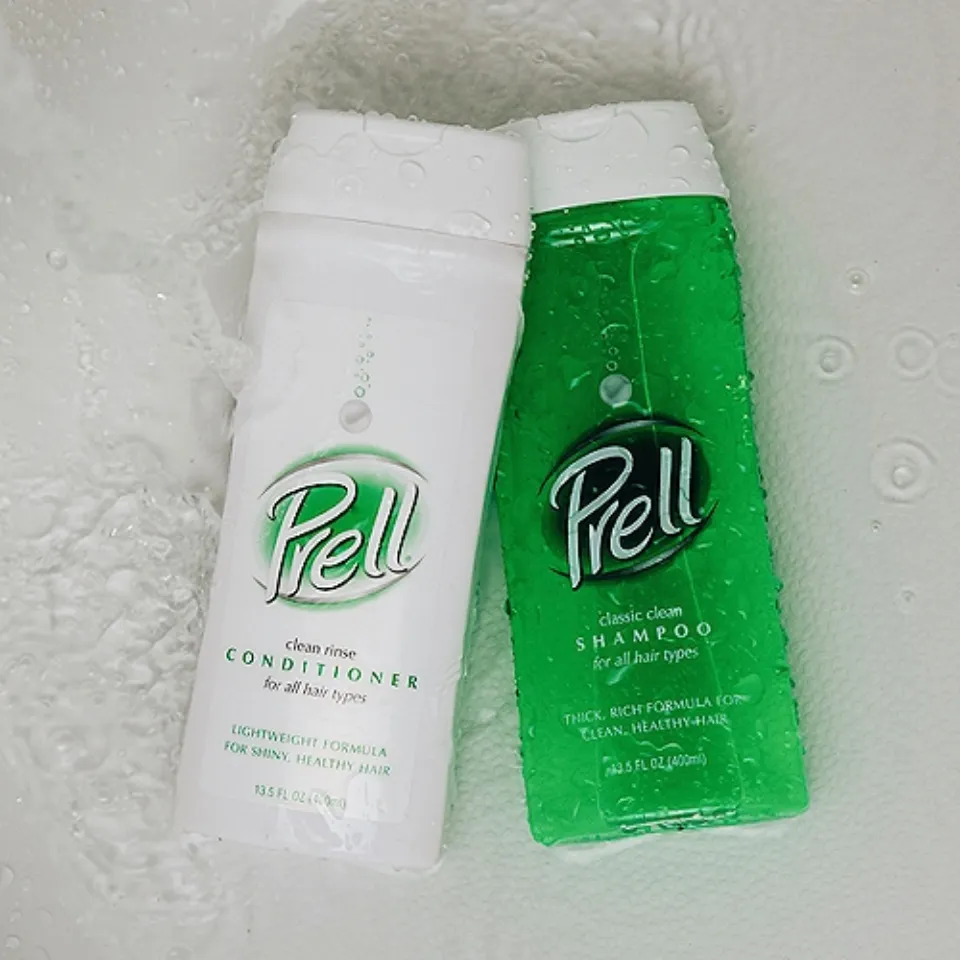You have a wide range of options when selecting flooring materials. There are many different kinds of stones, tiles, and wood that you can use, as well as less expensive substitutes that can imitate these materials without costing a fortune. Luxury vinyl board flooring and stone polymer composite flooring, also known as LVP and SPC, are the two most widely used substitute materials.
The texture and appearance of SPC seem slightly more realistic than LVP, and it is a little bit thicker. Aside from being totally waterproof, durable, and scratch-resistant, SPC is also simple to install.
What makes them different from one another? What option is ideal for your house? Here is a quick summary of these two flooring options.
What is LVP Flooring?
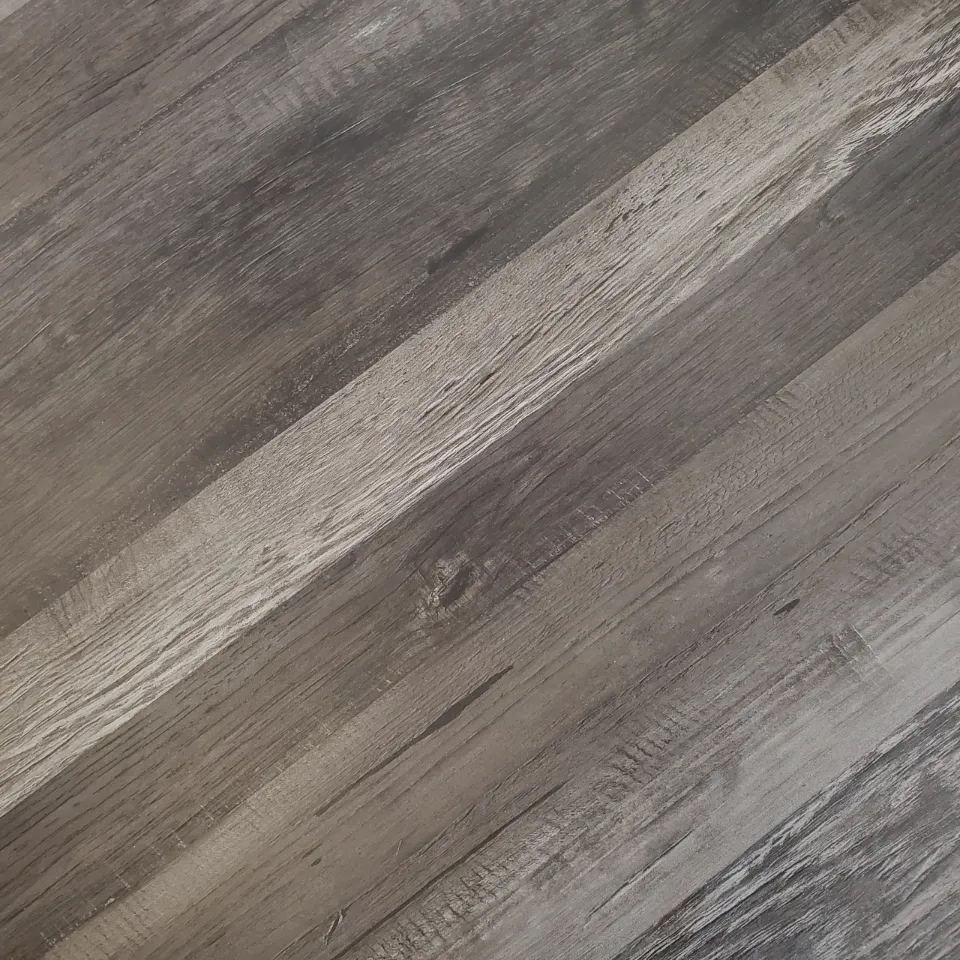
Luxurious vinyl planks imitate the look of another material by using compressed vinyl layers and high-resolution images on the surface. Because their shape is similar to solid wood planks, wood planks are frequently used to mimic hardwood. The vinyl can, however, be made to resemble almost any other material, including stone, tiles, etc., thanks to high-resolution images. The vinyl core of LVP, which gives the board its flexibility and durability, is the primary layer.
Read More: LVP vs. Engineered Hardwood
What is SPC Flooring?
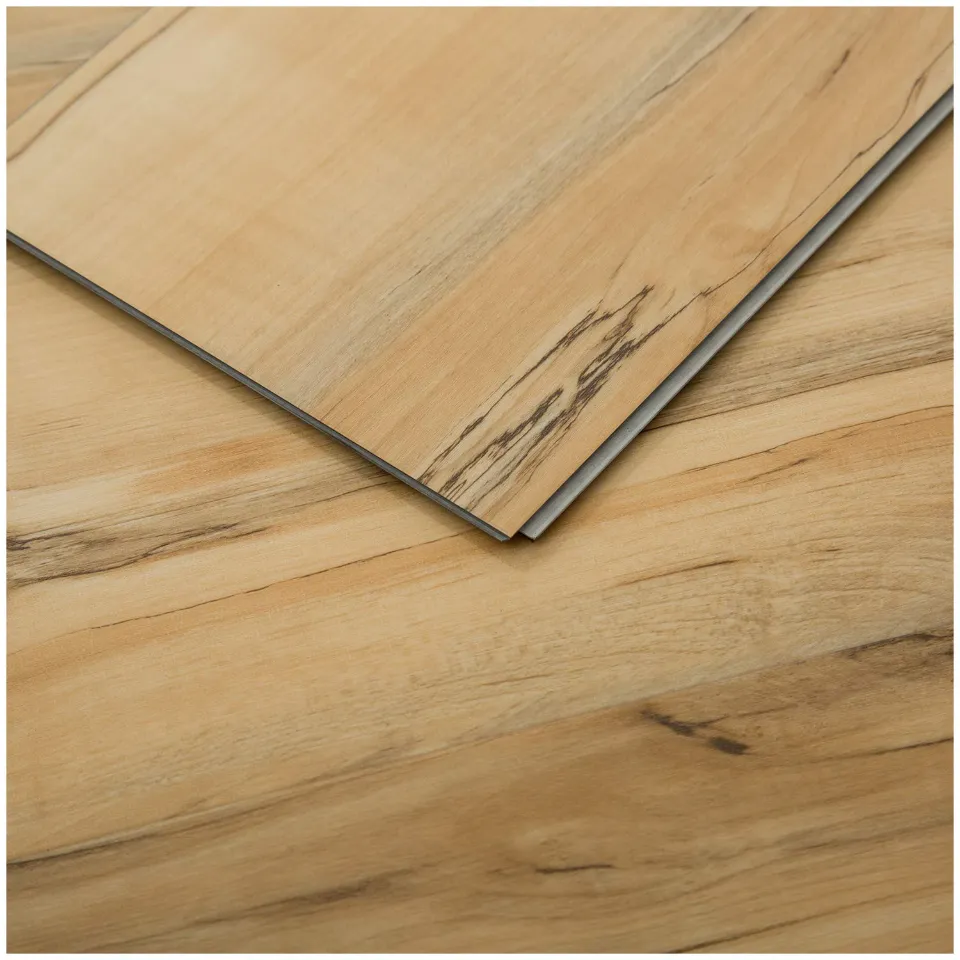
Similar to stone polymer composite flooring is its overlay of high-resolution images on vinyl and transparent wear-resistant coating that shields the surface from scuffs, stains, fading, and other damage. Plastic and compressed limestone powder are the primary components of SPC, though. Instead of being soft and flexible, the board becomes stiff and hard as a result.
Waterproof SPC Flooring stands for stone-plastic composite material. These elegant luxury vinyl planks, which use cutting-edge technology to expertly replicate real wood and stone at a low cost, are renowned for their 100% water resistance and unmatched durability. Being virtually unbreakable, SPC’s recognizable rigid core makes it the best choice for commercial and high-traffic settings.
Many aspects of the two materials are similar. They are generally quite durable, waterproof, and scratch-resistant. They don’t need glue or solvents to be installed, and they are simple to maintain. They are swiftly mopped to clean up spills and regularly cleaned to remove dust. In addition, they cost a lot less than the substitute materials.
LVP Vs. SPC Flooring
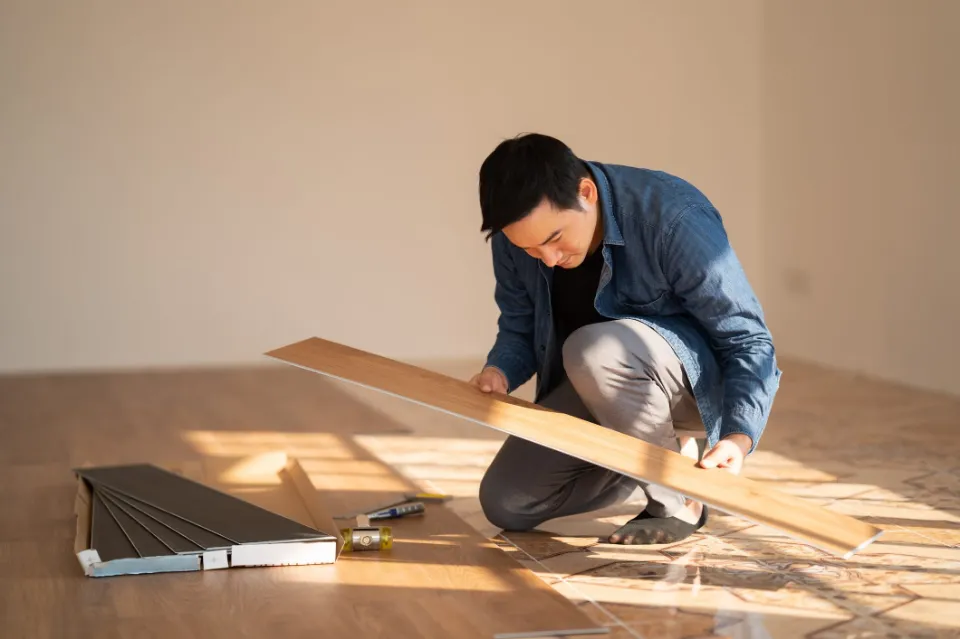
What are the distinctions between LVP and SPC flooring, besides flexibility? SPC has some benefits as a result of its rigid structure. Both can be installed on nearly any solid subfloor, but LVP needs the subfloor to be perfectly level and free of any dents, obstacles, etc. The SPC will keep its shape regardless of the floor beneath it, whereas the flexible material will take on the shape of any defect.
SPC is also more robust and resistant to dents and other types of damage in the same way. It has greater durability and will last longer. While LVP is more flexible and feels softer and cozier when walking, SPC is more rigid, allowing it to offer more support beneath the feet. The texture and appearance of SPC are frequently more realistic, and it is also a little bit thicker than LVP.
Here is a quick summary of the two types of flooring. Depending on your particular circumstance, each method has a number of additional benefits and drawbacks. Consequently, which type of flooring is best for you? Speak with a flooring expert; he can assist you in weighing the benefits and drawbacks of luxury vinyl planks and stone polymer composites to determine which option best suits your home’s needs and will offer you reliable services going forward.
Which Flooring Should You Pick for Your Home?
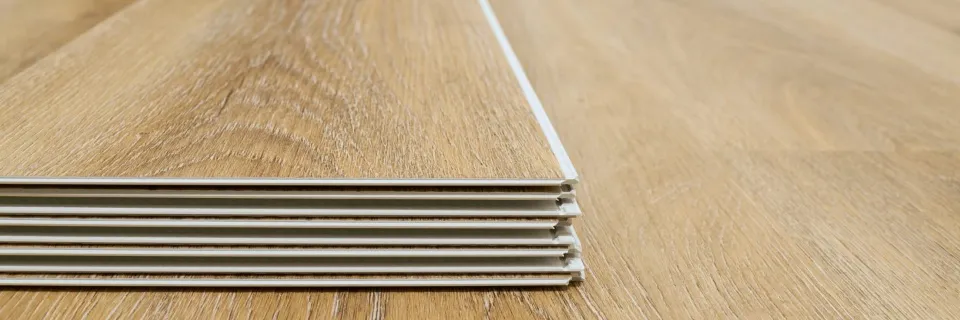
Both SPC and vinyl have advantages and disadvantages, it is evident after weighing the two possibilities. If you need some help choosing one for your home, consider these factors:
- Has a lot of traffic been there where you want to go? If so, take into account SPC’s durability.
- Do you have pets? If so, vinyl would be a better choice for your pets.
- Does it serve as a gym? If so, go ahead and get SPC to prevent damage to the flooring from your heavy machinery.
- Is there heat in the area in the winter? If not, vinyl is a better option for insulation.
The best flooring for you and your family will depend on what works for you. Both materials are fantastic because they are reasonably priced, strong, and mimic real wood perfectly!
Even though we adore our vinyl floor, we have seen some layers begin to peel. We’ll let you know what we think overall the next time, and we might think about using SPC for our upcoming projects like the pantry and laundry room!
Conclusion
SPC flooring is the best option if you want flooring that can withstand a ton of abuse every day. On the other hand, ordinary LVP might be a more affordable option if you need something that can only withstand light traffic.
FAQs
Which is Better SPC Or LVP?
SPC has a number of benefits over LVP, but it also has a disadvantage. It is more expensive than vinyl due to its rigid, composite construction. Even though both are still less expensive than wood, stone, or tile, if money is tight, LVP is probably a better option.
Is SPC More Expensive Than LVT?
Despite being one of the more affordable options in the rigid core category, SPC vinyl will typically still cost more than a conventional LVT floor.
Is SPC Flooring Same as Vinyl?
Typically, SPC flooring is thicker than vinyl tiles.

